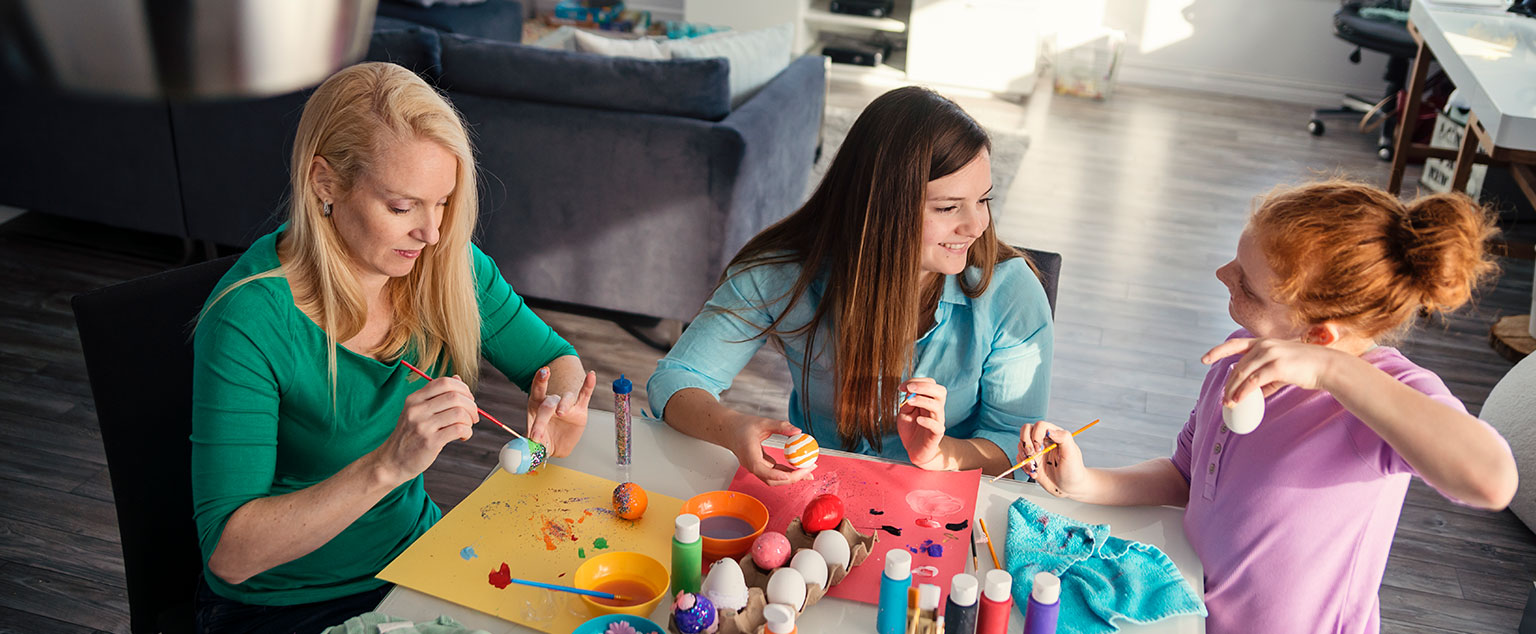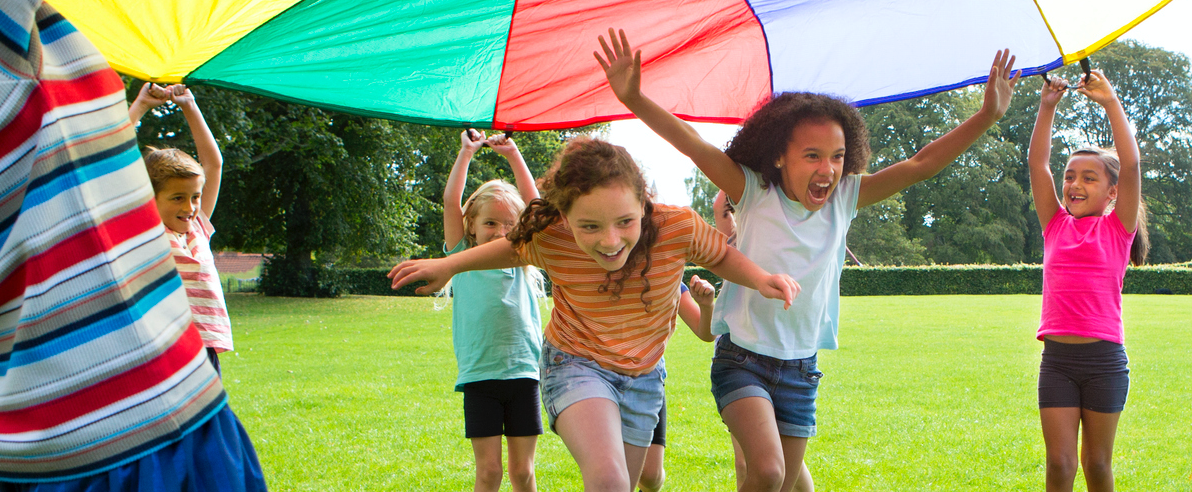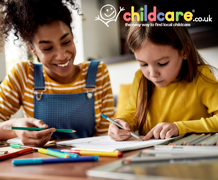8 Engaging and Educational Activities for After School
Your child's learning doesn't stop once they leave the classroom. There are so many wonderful opportunities available to not only boost their academic success but to enhance their cognitive and emotional development, supporting them to become well-rounded adults.

In this article, we provide eight engaging and educational after-school activities for your child to enjoy.
- STEM Experiments
STEM (Science, Technology, Engineering, and Mathematics) education can have many benefits for children of all ages. Some of these are enhanced critical thinking, building resilience, and teaching collaboration.
For primary-school-aged children, collecting small objects and asking them to predict whether they will sink, or float in water can be a good one to start with. Bridge building is another idea you can try together, creating a bridge using straws and tape, then testing the strength by adding weight to see which design holds the most. Tweens and teens might enjoy using LEGO robotics kits or taking part in coding challenges online.
- Discovery Walks
Walking is more than just a physical activity. While the physical health benefits are in abundance, getting outside for a stroll also offers a great opportunity to extend your child's after-school learning.
Creating a 'treasure trail' checklist of things for your child to see, hear, taste, smell, and feel can be great fun. This activity can also be brilliant for enhancing their observation skills.
- Art Projects
If your child is creative, keeping them engaged with an art project could be the perfect educational activity for them. Beyond developing specific hard skills, artwork can also help children to express themselves and improve their perception and concentration skills.
For some inspiration, you might want to try paper mâché bowls, tie-dyeing t-shirts, printmaking, creating clay or playdough figures, depending on your child's age, or creating a collage using the leaves, twigs, and flowers they find on discovery walks!
- Board Games and Puzzles
Family games night can be educational too! There are plenty of board games suitable for children that can get everyone to engage in critical thinking. Classic games such as Monopoly can improve mathematical skills, and Chess and Rubik's Cubes can enhance problem-solving skills. Aside from these, playing board games and puzzles can help boost self-esteem and educate children on sportsmanship.
- Cooking and Baking
Learning to cook is an essential life skill that you can help teach to support your child as they become more independent. Deciding what to create, purchasing ingredients, weighing them out, and the cooking itself involves a wide range of cognitive, social, and emotional skills as well as educational benefits such as teaching scientific concepts. It can also be educational in teaching cultural awareness, exploring new recipes from different countries and learning the importance of fuelling your body with foods to make you feel good.
- Home Podcast Creation
Particularly for older children, or teens, if they have a favourite podcast, why not ask them if they'd like to create their own? This can be a fantastic way for your child to explore one or a multiple of their interests and follow a project through from beginning to end, requiring verbal and written communication skills.
This doesn't require any expensive equipment either! First, ask your child what they'd like to speak about. This could be a hobby, their favourite book, or an animal. Then, ask them to plan any friends or family they'd like to talk to them about the topic. They will then need to write a script or prepare any questions. Recording can be done on a phone (unless you have a mic at home)! Depending on your child's age, they may need help with editing, but once complete, their recording/s can be shared with family and friends.
- Language Learning
Did you know that children best learn languages if they start before the age of 10?* Beyond opening doors for future potential careers, learning an additional language can be highly educational for children, improving skills such as cognitive development, problem-solving, and greater cultural awareness.
As well as apps such as Duolingo and Duolingo ABC (suitable for younger children), charades, Pictionary, watching films with subtitles, and journalling can all be fun ways for your child to learn another language.
- DIY Musical Instruments
This one can be especially good for younger children as a way of enhancing their imagination! Some suggestions include a rubber band guitar using an empty tissue box, rubber bands and cardboard tube; a tambourine using paper plates, bells, string, and felt tips; and a rain stick using a kitchen roll tube, rice, foil, tape, and felt tips. Your child has probably already discovered which objects make the best DIY drums!
In addition to developing creativity, DIY musical instruments as an educational activity can also help children understand more about sound production, pitch, and rhythm.

School Holiday Cover
Be prepared for the next school holiday
Ideal for filling those awkward care gaps during the school holidays, we provide easy access to holiday clubs nationwide.
Find out more











